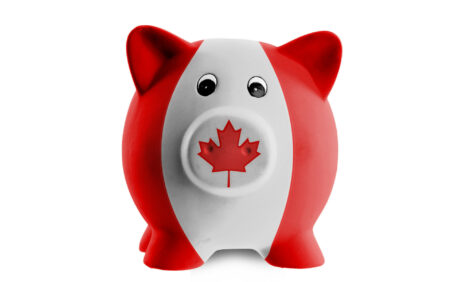



Pork prices up 70 percent in Russia
UK - Domestic pork prices in Russia have increased 70 percent over the past 12 months. During July to September domestic pork prices grew 27 percent, and imported pork 17 percent.|
NPA is active on members' behalf in Brussels & Whitehall, and with processors, supermarkets & caterers - fighting for the growth and pros-perity of the UK pig industry. |
Key factors behind the higher prices in the Russian Federation have been the import quotas and tariff-rate quotas imposed by the Russian government, compounded by an average grain harvest and higher-than-expected grain exports during the 2003/2004 grain marketing year. Prices are expected to continue to grow for the following reasons:
The higher-than-average grain crop this year will not necessarily have much positive impact on domestic meat production in the near term, particularly if export demand for feed wheat and barley outbids domestic feed millers.
Negotiations between Russia and Brazil on the lifting of a ban on uncooked livestock products (imposed because of foot and mouth fears) have been inconclusive to date, and the Russian agricultural minister has said Russia is not going to lift the restrictions in the near future.
Domestic meat production will not grow quickly enough to match growing demand without price growth, particularly given the rate of growth of consumer income.
Domestic input prices are high, especially for feeder pigs.
What's happened to the British premium?
NPA regional meeting: Newbury
What's happening to British pig prices? The next NPA regional meeting in the current series will be Tuesday November 2 at Newbury Rugby Club. This will be an excellent occasion for producers to make their views known.
Those pig industry people who are in this part of the country for the presentation at Cirencester of the pig industry annual fellowship are also invited to attend, whether NPA members or not. This invitation is extended to processors and retailers.*
The Newbury meeting will start with an attempt to understand what the barriers to investment in new technology have been. This debate, with David Thelwell of Prospect Management leading it, will commence at 4.30pm and the main meeting will follow at 6pm, together with surgery opportunities with BPEX. Pig producers are increasingly thin on the ground in this part of the country - so do attend if you can.
While the current surreal lack of movement in British pig prices will be a major topic of debate there will also much to be learned about operational issues such as ZAP surveillance, PMWS updates, forthcoming environment legislation, mycotoxins in feed wheat and Stotfold research.
An important issue, where producer input is essential, is BPEX's draft proposal for future research and development in the pig industry. The proposal, as it stands, would involve a root-and-branch overhaul of the research we do, where we do it and how we communicate the results to producers.
Do you agree with these proposals? Do you oppose them? Whatever your views, it is important that BPEX gets feedback from all regions of the country - or its elected representatives cannot make informed decisions on our behalf. Other items on the agenda will include PorkWatch results, supply chain grants, and a banker's view on finance for expansion,
* This year's Annual Fellowship in Strategic Development report will be given by Keith Lawrence of Elanco Animal Health and his subject will be "To Challenge the Future Approach to Managing Disease in the UK, in an Every Changing Marketplace."
Source: National Pig Association - 28th October 2004








